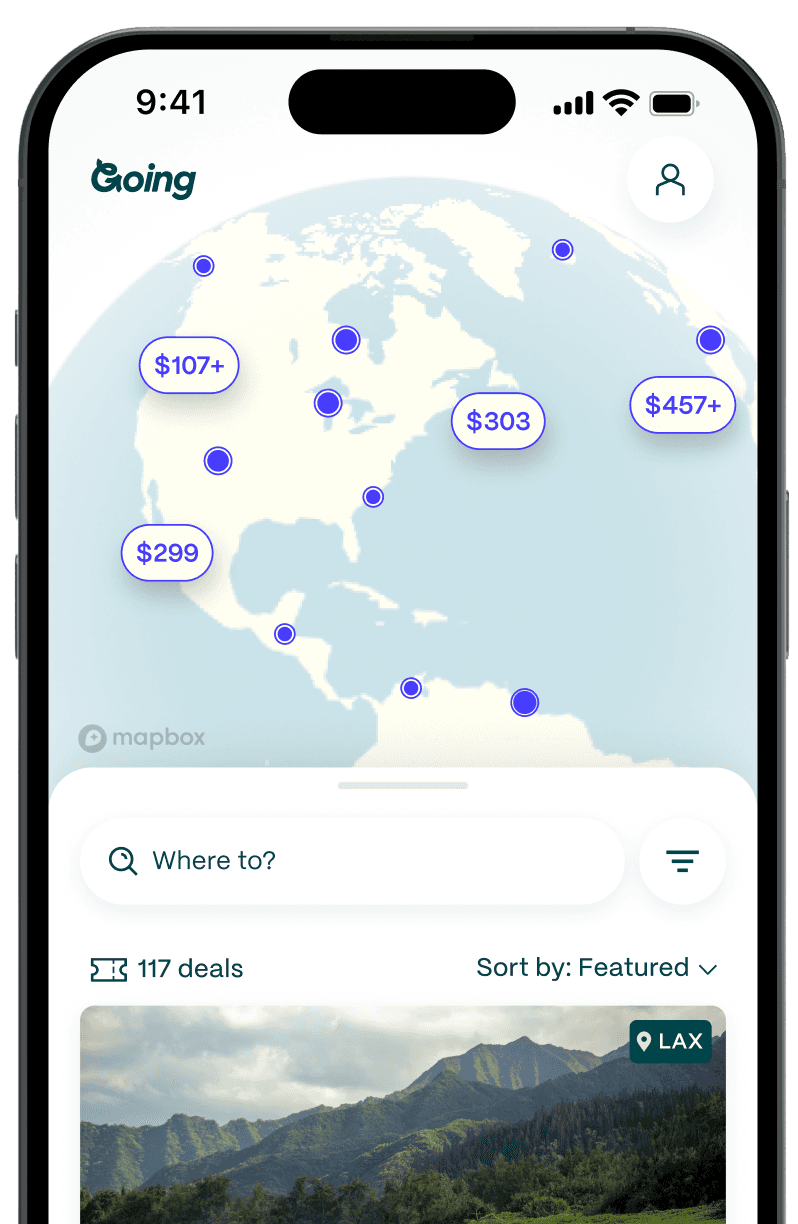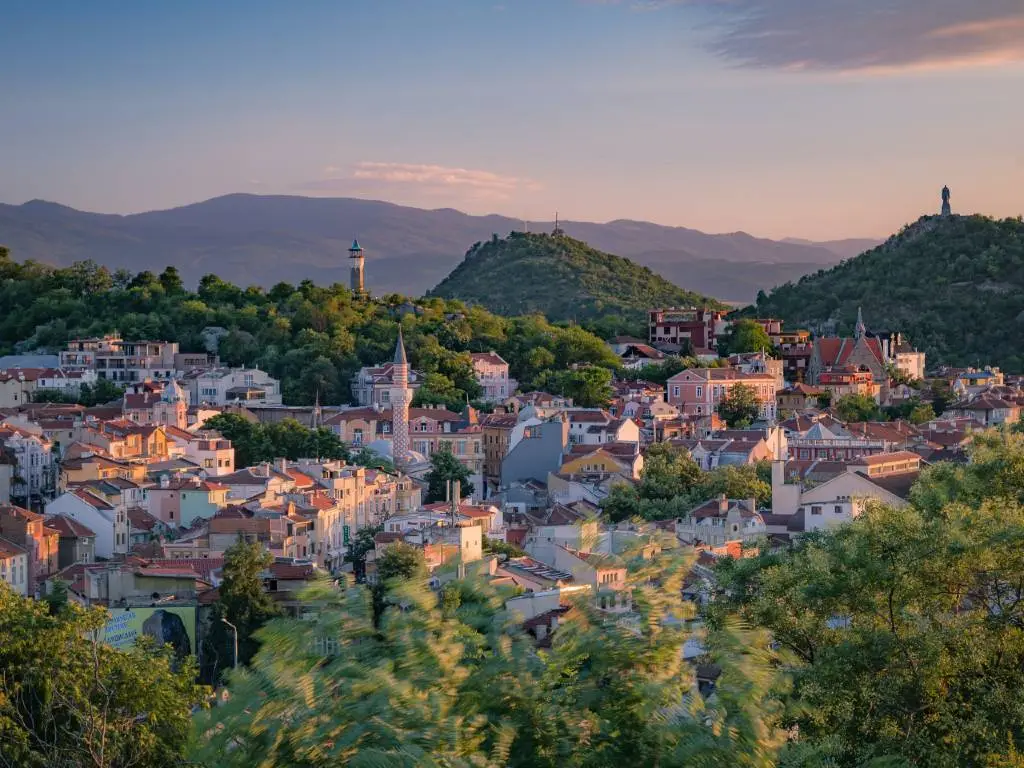
Bulgaria: The Balkan Nation With More Than 700 Hot Springs
Known to modern folks as the land of Harry Potter’s Viktor Krum, the small but mighty Balkan nation of Bulgaria is a beautiful country with a complex history of empires and uprisings.
One of the oldest countries in Europe, it was officially founded in the 7th century. It’s tucked between Greece and Turkey to the south, the Black Sea to the east, the Danube River and Romania to the north, and Serbia and North Macedonia to the west. It has been occupied, invaded, or ruled over time by the Byzantines, Greeks, Romans, Ottomans, and Soviets.
In 1989, after 43 years of living under Communist rule, Bulgaria emerged into the brightness of an uncertain future. The country and its people are still working out the details.

The Balkans’ best-kept spa secret
Many Bulgarians feel deeply connected to nature, and the natural bounty of this country, which spans roughly 43,000 square miles (about the size of Tennessee), will show you why. From the Valley of Roses to the Pirin Mountains made of marble, Bulgaria is full of natural surprises, including its many—and we mean many—hot springs.

The country has over 700 natural mineral springs, making it second only to Iceland, though it’s far less known for the feature. Mineral waters are formed deep in the earth when there’s a combination of high temperature, high pressure, and lack of contact with atmospheric oxygen. Since as early as 4000 BC, people in Bulgaria have been soaking in them for health and relaxation, and today, bathing in these natural springs is a staple in locals’ lives.
Visit Velingrad, one of the most visited spa towns in the Balkans, for a local experience. It features over 90 mineral springs and is less than a two-hour drive from Sofia, the capital.
A calendar full of festivals
Because of Bulgaria’s mix of Orthodox Christian religion and ancient pagan rituals, almost every day is a day to celebrate. March 1 is Baba Marta, a yearly ritual celebrating the coming of spring. Bulgarians give each other threaded bracelets or small dolls made of red-and-white thread called martenitsi. When the wearer sees a tree in bloom or a stork, they tie their martenitsi to the tree to give it good health.
Check out the Kazanlak Rose Festival, taking place each year in June. You can learn Bulgarian folk dances, smell the fragrance of Bulgaria’s pink Damask rose, and take home some perfume oil. This rose, which is also cultivated in Turkey and Iran, grows well in Bulgaria because of the valley’s rich soil, protection from wind, and heavy rain in the spring. Fun fact: Bulgarian rose oil is one of the main ingredients in Rihanna’s Fenty Eau de Parfum.

Time travelers’ paradise
Bulgaria’s history spans millennia, and there’s something for history buffs of every stripe. The nation was once part of the historic Silk Road connecting the east and west, bringing a blend of goods and cultures into the region.
In Veliko Tarnovo, Bulgaria’s historic capital of the Second Bulgarian Empire (from 1185-1396), you can explore the 12th-century medieval fortress and former palace, Tsarevets. In Plovdiv, check out the ruins of a Roman amphitheater built in the 1st century CE, or travel even farther back in time to Nessebar, a 3,000-year-old Black Sea city built on a rocky peninsula. It’s also a UNESCO World Heritage Site, selected because it contains several well-preserved layers of human civilization and culture.
Land of rebels
The name Bulgaria comes from the Bulgars, a Turkic tribe that founded the First Bulgarian Empire in the 7th and 8th centuries. According to historians, the name is derived from words meaning "to stir", as well as "revolt" and "disorder.” And while no one knows for sure why they were given that name, it remains true that Bulgarians do things their own way. For example, in Bulgaria, you shake your head side-to-side for “yes” and nod for “no.”
One of the country’s national heroes is revered for his revolutionary ways. In 1878, Bulgaria was liberated after almost 500 years of oppression under the Ottoman Empire, and the Bulgarian revolution leader, Vasil Levski, is still honored today, with monuments across the country dedicated to him.

Choose your adventure
People from all over the world come to Bulgaria to play, partly because it’s one of the cheapest places to enjoy typically pricey activities. At ski resorts like those in Bansko, a town south of Sofia at the foot of the Pirin Mountains, you’ll enjoy a first-class resort vacation with a budget that’s half of what you’d need for places like the Alps.
Visit Black Sea beaches like in Burgas and Varna, where you can relax in the sun, swim in the cool water, or party at one of the local discotheques. If you’re more into sightseeing, don’t miss Belogradchik Rocks, a surreal natural rock formation north of Sofia.
The Bulgarian spirit
One staple of Bulgaria’s spirit is a literal spirit: rakia, a 40- to 50-proof fruit brandy commonly made with plums or pears that’s popular across the Balkans. Rakia and other domestic alcohols are a way of life—Bulgaria has the 10th highest per-capita alcohol consumption in the world according to a 2018 survey.
Rakia is typically served as an apéritif with salad before the main meal, and it’s usually consumed straight or with some water. Take a sip and say “na zdrave,” or “to health.”

Feast like a Bulgarian
Bulgaria's cuisine is a mix of Mediterranean and Middle Eastern foods—think lots of fresh vegetables, grilled meats, and mild spices—that’ll make you salivate at first glance. And Bulgarians love to host, also known as inviting people over na gosti. Don’t be surprised if someone invites you to their home for coffee, which is code for an all-you-can-eat Bulgarian buffet.
Two regular staples in every Bulgarian’s diet are yogurt and banitsa. Banitsa is a type of cheese pie made with phyllo dough, feta cheese, eggs, and butter. It's sold as a quick pastry snack throughout Bulgaria.
Bulgaria’s yogurt is uniquely tart, creamy, and one-of-a-kind—literally. Lactobacillus d. bulgaricus bacteria originates in a plant only found in Bulgaria, which is then eaten by dairy cows and makes its way into yogurt. The yogurt is eaten on its own, with banitsa, or in foods like tarator, a cold cucumber soup with yogurt and lots of garlic.
A bright future
The People's Republic of Bulgaria, as it was known from 1946 to 1990, was ruled by its homegrown Communist party until 1989.
When Communism fell, the country fell into a temporary crisis where basic goods were scarce. People had to line up for hours for rations of milk, bread, and meat. The transition to democracy has been shaky at times, with corruption continuing to be one of Bulgaria's main political and economic problems. Visit the Red Flat museum in Sofia to see what a typical family’s home and daily life looked like during Communism.
When Communism fell in Bulgaria, the country experienced a “brain drain.” Millions have left the country for greener pastures abroad. The younger generations back at home, however, are building a brighter future. Some Bulgarians, with memories of idyllic summers spent in their grandparents' village homes, are leaving cities for the homestead lifestyle in rural areas. Others take advantage of the country’s low corporate taxes, which allow Bulgaria to serve as a hub for startups and exciting new technological innovations.
This year, Bulgaria created an updated startup visa in the hopes it will attract entrepreneurs from abroad. Visit Sofia’s upscale Business Park neighborhood to see a snapshot of the country’s continued growth.
See Going's deals on flights to Bulgaria, and join today to get cheap flights delivered right to your inbox.
Check out more destinations in Europe:
Last updated August 30, 2024
Articles you might like
View All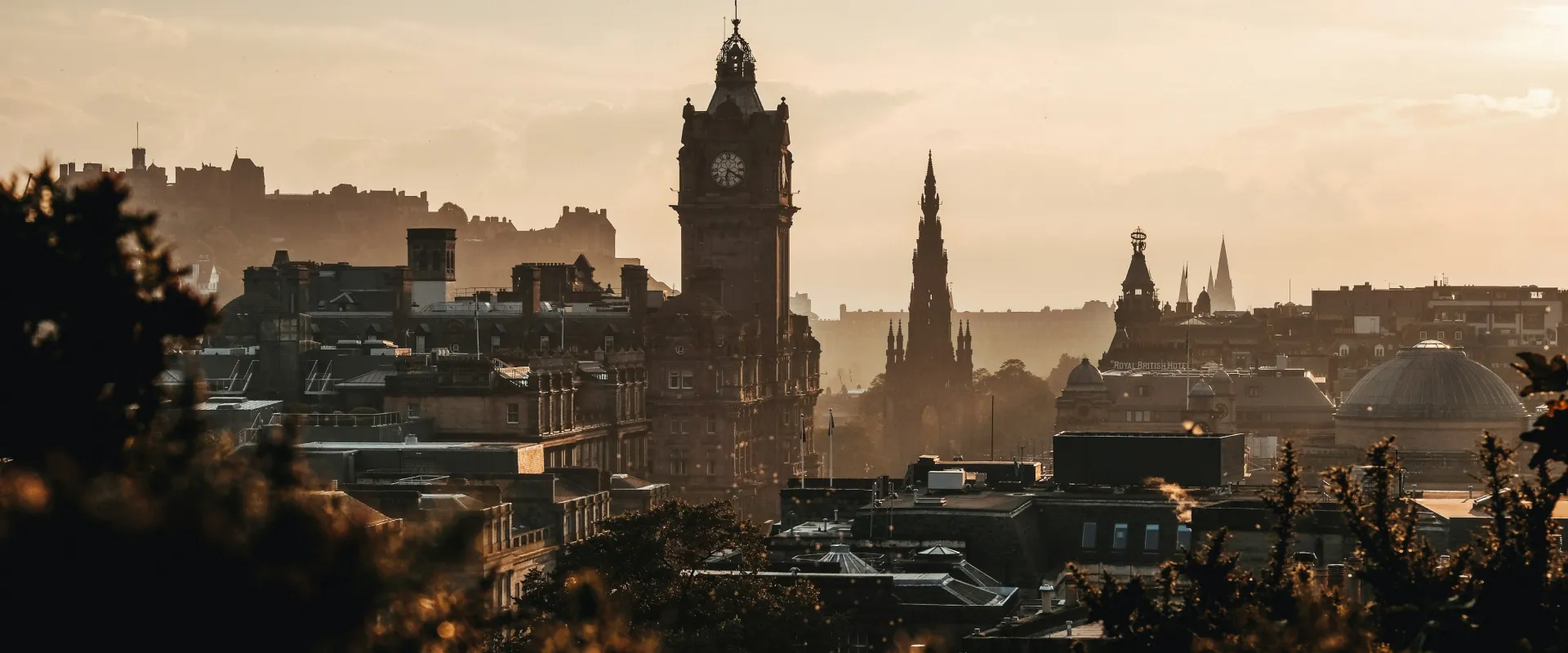
Edinburgh: The Scottish Capital Built on an Extinct Volcano and World-Renowned Arts Scene
Feb 18, 2026
6 min read
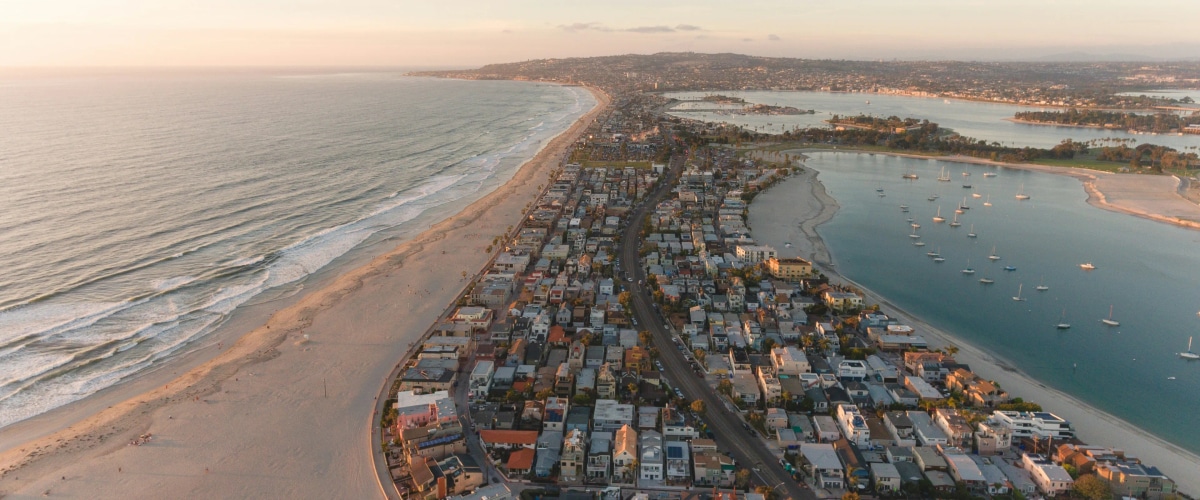
San Diego: The West Coast Surf Capital Where Bigger Burritos Are Better
Feb 4, 2026
10 min read
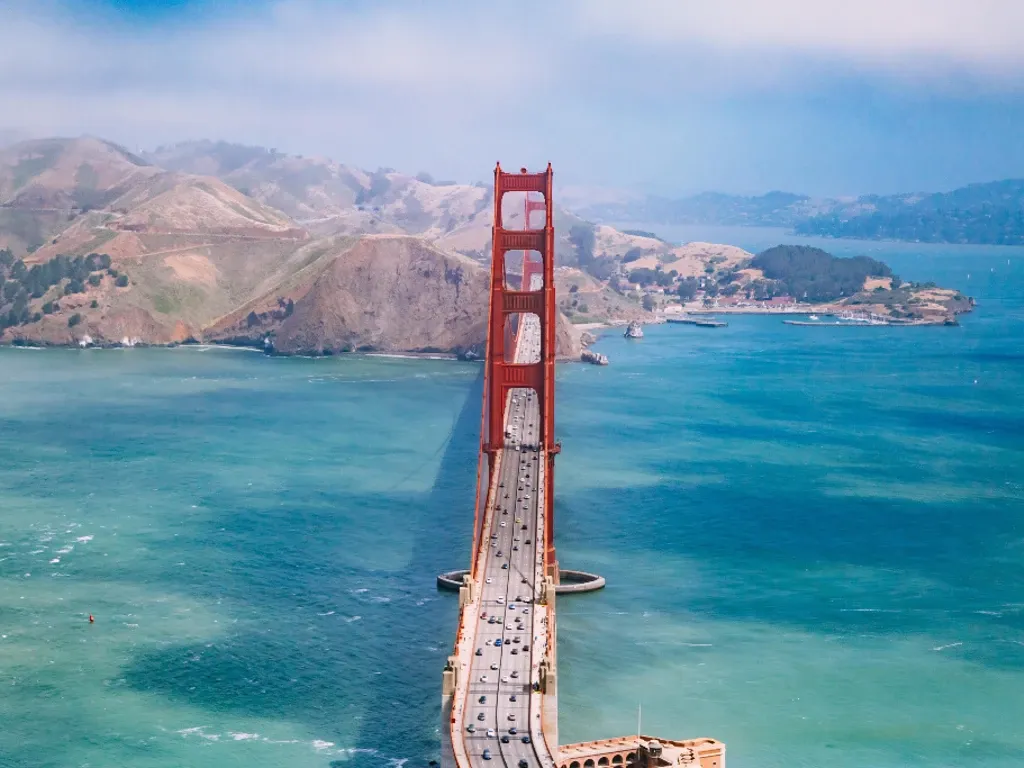
San Francisco Travel Guide: What Makes the City Worth Visiting
Jan 26, 2026
12 min read



